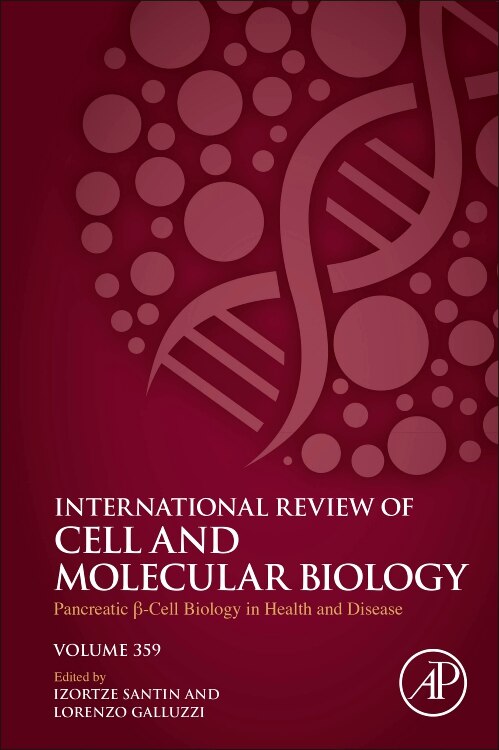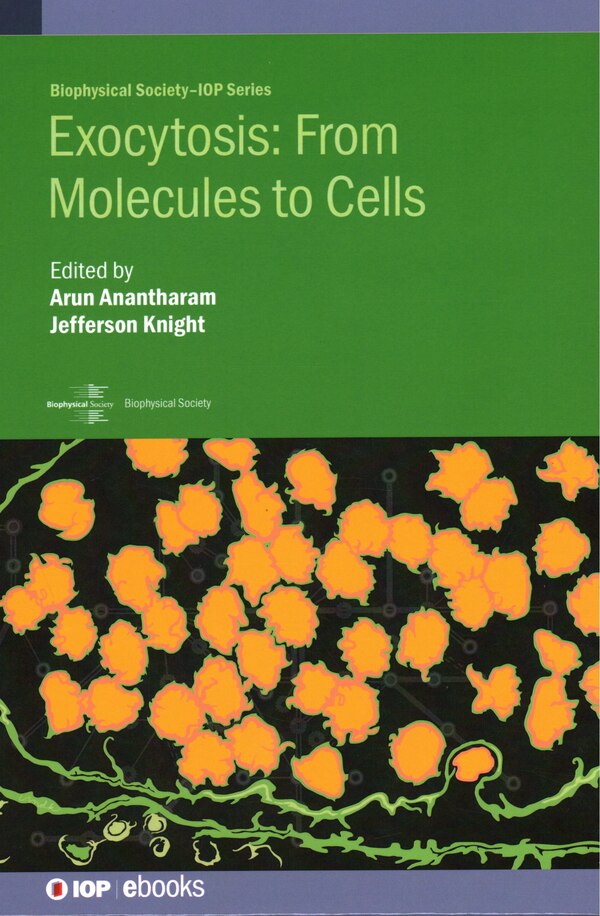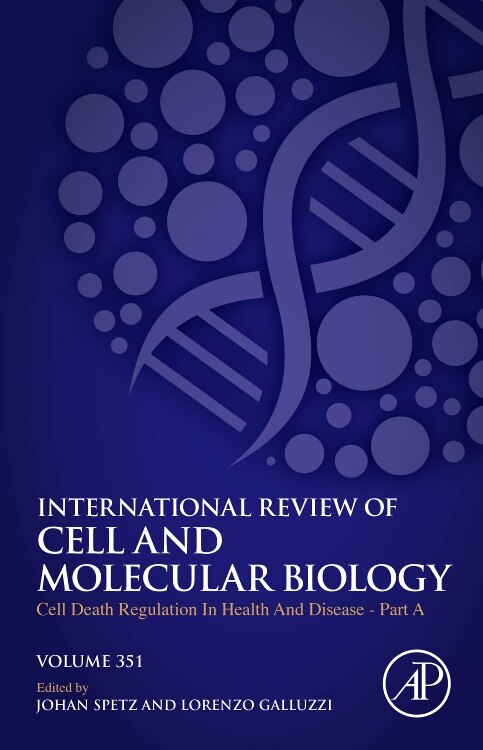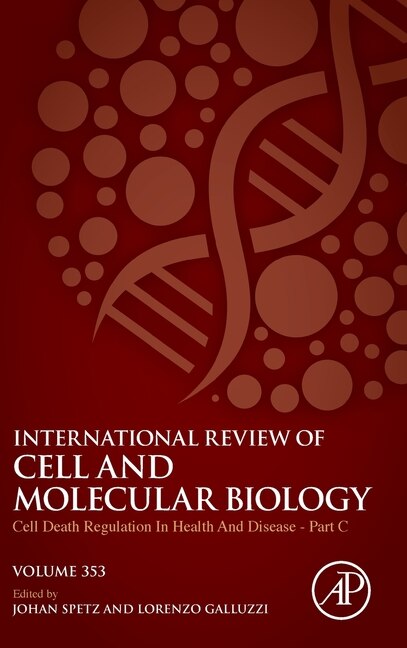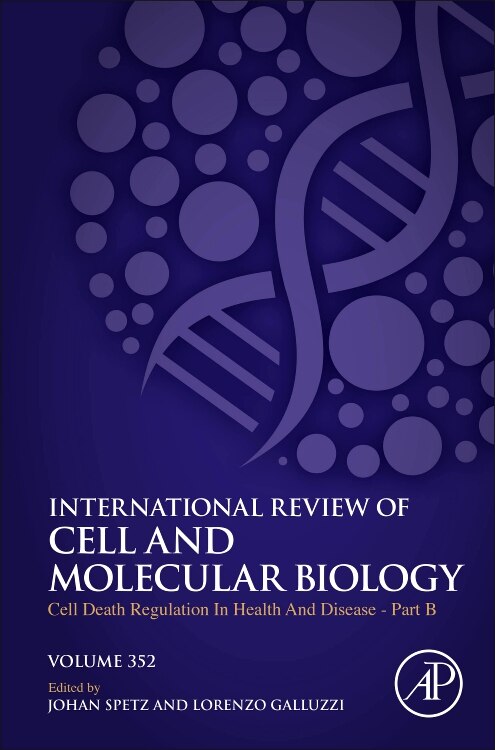Home
Cell Adhesion Molecules In Health And Disease by W. Reutter, Hardcover | Indigo Chapters
Loading Inventory...
Indigo
Cell Adhesion Molecules In Health And Disease by W. Reutter, Hardcover | Indigo Chapters
From W. Reutter
Current price: $339.50


Indigo
Cell Adhesion Molecules In Health And Disease by W. Reutter, Hardcover | Indigo Chapters
From W. Reutter
Current price: $339.50
Loading Inventory...
Size: 0 x 9.25 x 1.16
*Product information may vary - to confirm product availability, pricing, shipping and return information please contact Indigo
Cell-cell and cell-matrix interactions are of fundamental importance for the development and the maintenance of tissues and organs in multicellular organisms. Adhesive processes are mediated and controlled by an increasingly large and complex number of cell adhesion molecules that are anchored to the cell surface membrane by transmembrane domains. According to their structural and functional features, cell adhesion molecules have been classified into at least four major families: the integrins, selectins, cadherins and members of the immunoglobulin superfamily. Apart from linking cells to each other or to components of the extracellular matrix, cell adhesion molecules function also as receptors that interact via their cytoplasmic domain with numerous signalling molecules including protein kinases and phosphatases, G-proteins, or proteins of the beta-catenin/armadillo family. Cell adhesion molecules can activate various signalling pathways and as a consequence play a crucial role in the regulation of cell differentiation, proliferation, migration and apoptosis. During the last decade it has been recognized that acquired as well as inherited defects of cell adhesion molecules and adhesion-linked signalling molecules are the molecular basis of various types of disease including cancer, infectious and inflammatory disease, connective tissue disorders or blistering disease. This book is the proceedings of a Falk Workshop held in Berlin, Germany, on January 23-24, 2003, which brought together experts in different fields of research to stimulate the transfer of findings from basic research to clinical application. Section I focuses on cell adhesion molecules of the liver and their role in hepatocarcinogenesis and inflammatory liver disease. Section II deals with infection and fibrosis and with transforming growth factor beta (TGF-beta). Morphogenesis, cell migration and inflammation are the subject of Section III with a focus on the role of integrins in blood cell-endothelial interactions. In Section IV the importance of cell adhesion molecules for cancer and their role as potential target for cancer therapy will be discussed. | Cell Adhesion Molecules In Health And Disease by W. Reutter, Hardcover | Indigo Chapters


